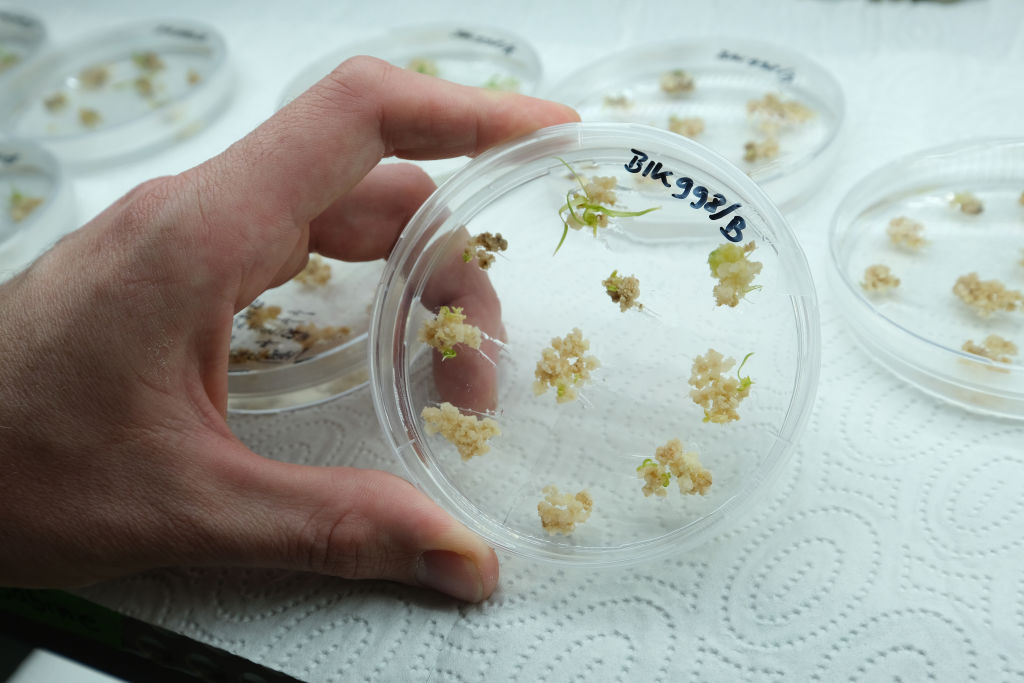The Medicines and Healthcare Regulatory Agency (MHRA) in the United Kingdom has officially approved the first gene therapy treatment for sickle cell disease called Casgevy. This marks an important medical breakthrough and provides hope for thousands of people affected this debilitating condition.
Developed Vertex Pharmaceuticals (Europe) Ltd. and CRISPR Therapeutics, Casgevy is the first medicine to be licensed using the revolutionary CRISPR gene-editing tool, which earned its inventors a Nobel Prize in 2020. This therapy is expected to benefit patients 12 and older with sickle cell disease and thalassemia, hereditary diseases caused abnormal hemoglobin genes.
The approval of Casgevy has received positive feedback from the medical and scientific community. Dr. Helen O’Neill of University College London described it as a “positive moment in history” and emphasized the potential of CRISPR-based gene editing to treat diseases. Until now, the only enduring treatment for these conditions involved complex procedures with unpleasant side effects, such as bone marrow transplants.
Casgevy’s treatment involves the CRISPR-Cas9 gene-editing technique, which allows for precise changes to DNA. It aims to prevent the painful episodes associated with sickle cell disease and liberate thalassemia patients from regular blood transfusions. The therapy represents a potential cure for some patients.
However, the treatment does involve a conditioning phase, which may include immunosuppressants, radiation, or chemotherapy, to prepare the patient’s bone marrow before receiving the modified cells. Afterward, patients may need to spend at least a month in a hospital facility while the treated cells take up residence in the bone marrow and start to make red blood cells with the stable form of hemoglobin.
The United Kingdom has taken the lead in approving this groundbreaking gene therapy, but Europe and the United States are expected to follow suit. The US Food and Drug Administration is projected to make a decision December 8, following an advisory group’s certification of the treatment’s safety on October 31.
Approximately 2,000 eligible individuals in the UK stand to benefit from this groundbreaking gene therapy. Sickle cell disease mainly affects African and Caribbean populations, while beta-thalassemia primarily affects Mediterranean, South Asian, Southeast Asian, and Middle Eastern populations. Both conditions are painful and lifelong, and the approval of Casgevy promises better health and well-being for genetic disorder patients.
Furthermore, Vertex and CRISPR Therapeutics must provide additional safety and effectiveness data to maintain the MHRA’s approval after one year. This significant milestone sets the stage for a new era in genetic disease treatment and offers hope for improved outcomes for individuals affected sickle cell disease and beta-thalassemia.

